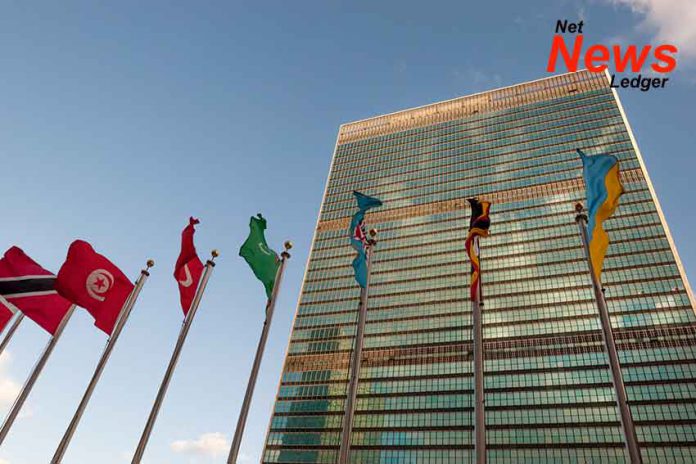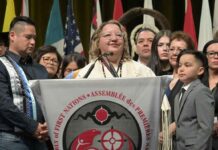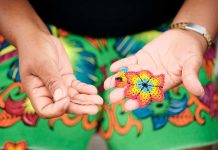
In a significant international recognition, UNESCO has inscribed the Archival Records of the National Centre for Truth and Reconciliation (NCTR) into the Memory of the World International Register during its 216th Executive Board session. The register functions to preserve and foster accessibility to the documentary heritage of global importance, maintaining records that mark the history of the world and the legacy of humanity.
This inscription underscores the global relevance of the NCTR’s Archives, which serve as a testament to the colonial attempts to assimilate and erase Indigenous peoples and their cultures, a human rights violation that finds parallels worldwide. “The Children Speak: Forced Assimilation of Indigenous Children through Canadian Residential Schools” represents the first collection recognized internationally, documenting the trauma Indigenous peoples endured under the Canadian residential school system and its ongoing impact on Indigenous communities.
In 2015, following the six-year investigation by The Truth and Reconciliation Commission of Canada (TRC) into the history and legacy of Canada’s residential school system, over 7000 residential school Survivors’ statements, historical documents, and over 40,000 photographs, among other materials, were entrusted to the NCTR’s Archives. This collection, which continues to develop as records pertaining to unmarked burials at residential schools are obtained, is publicly accessible and holds national and international value as a tool for reconciliation through research and education.
Canada’s Ambassador and Permanent Delegate to UNESCO, Natasha Cayer, believes that the inclusion of NCTR’s archives in the UNESCO Memory of the World International Register serves to honour and amplify the voices of residential school Survivors at a global level.
Cody Groat, Chair of the Canadian Advisory Committee for Memory of the World, lauded this international recognition as a significant milestone on the path towards truth and reconciliation. Stephanie Scott, Executive Director of the NCTR, echoed the sentiment, highlighting the crucial role of the NCTR in preserving the truths of residential school Survivors.
Survivor Elder Florence Paynter remarked that the honour recognizes and celebrates their truths and values on the global stage and ensures that the voices of children lost in the residential school system will never be forgotten.
UNESCO’s Memory of the World Programme was initiated in 1992 to protect the world’s documentary heritage, promoting universal access to valuable materials and safeguarding them against destructive forces. The Canadian Commission for UNESCO maintains the Canada Memory of the World Register, while UNESCO (based in Paris) manages the International Memory of the World Register.
The Canadian Commission for UNESCO, operating under the authority of the Canada Council for the Arts, serves as a connection between Canadians and UNESCO’s crucial work. The National Centre for Truth and Reconciliation (NCTR), birthed out of the mandate of the Truth and Reconciliation Commission of Canada (TRC), serves to educate Canadians about the experiences of Survivors, their families, communities, and others affected by the residential school system.





